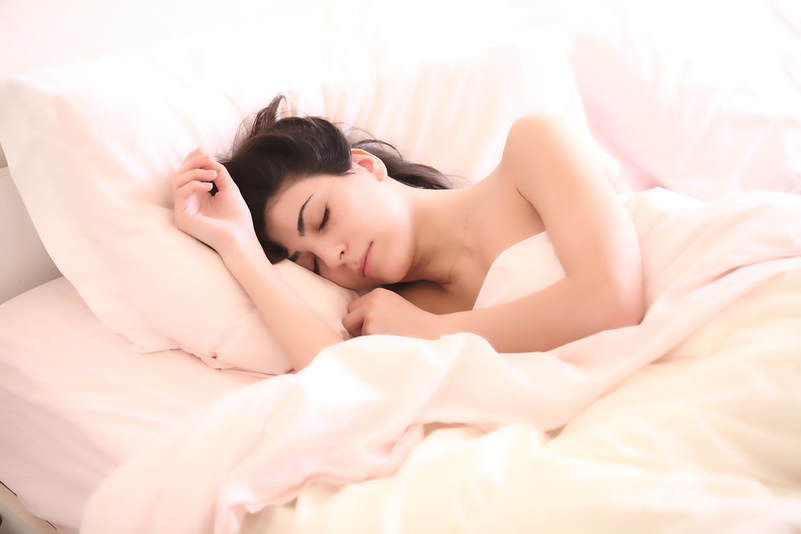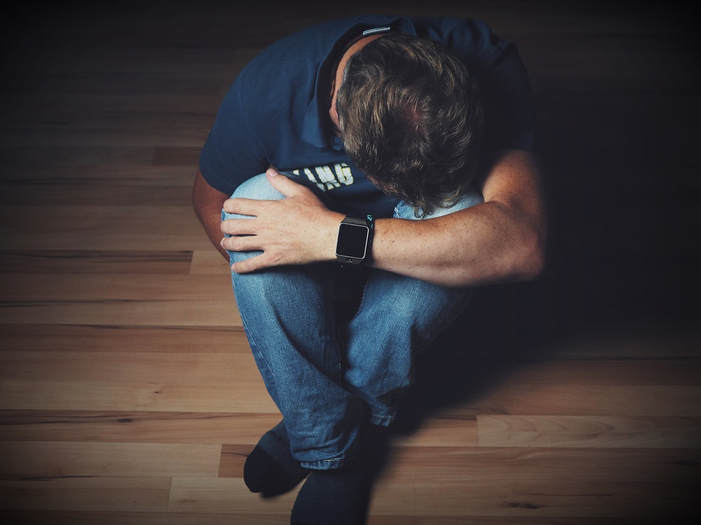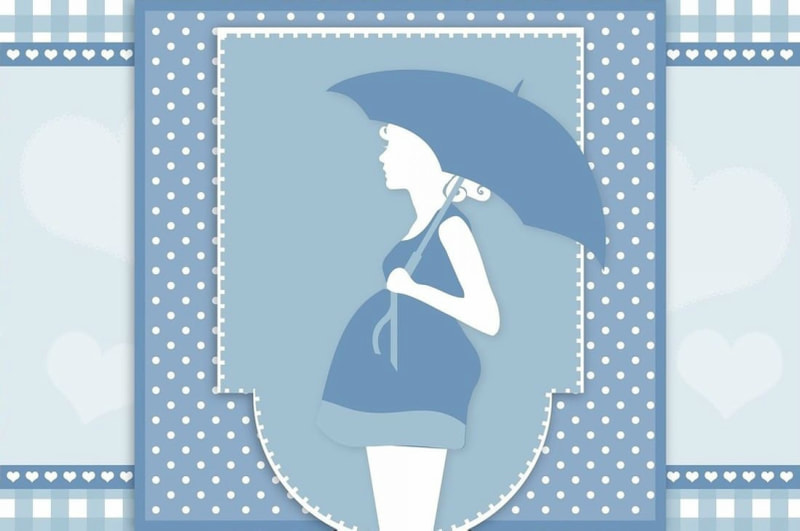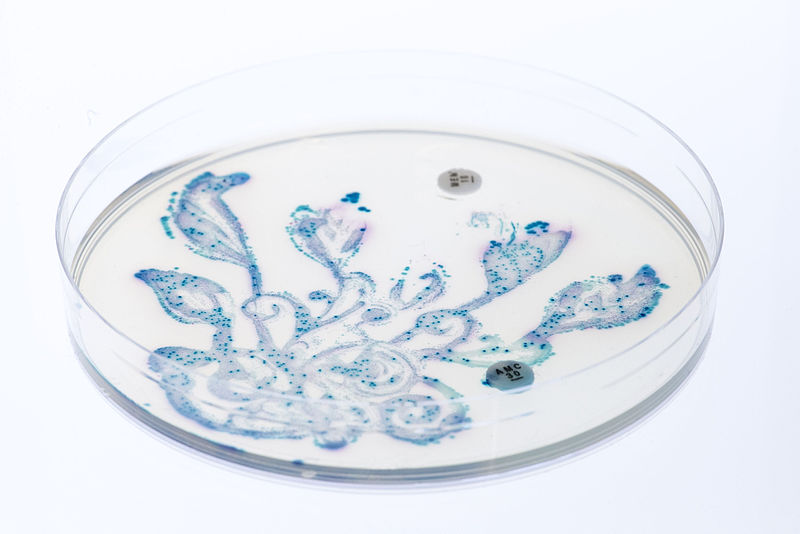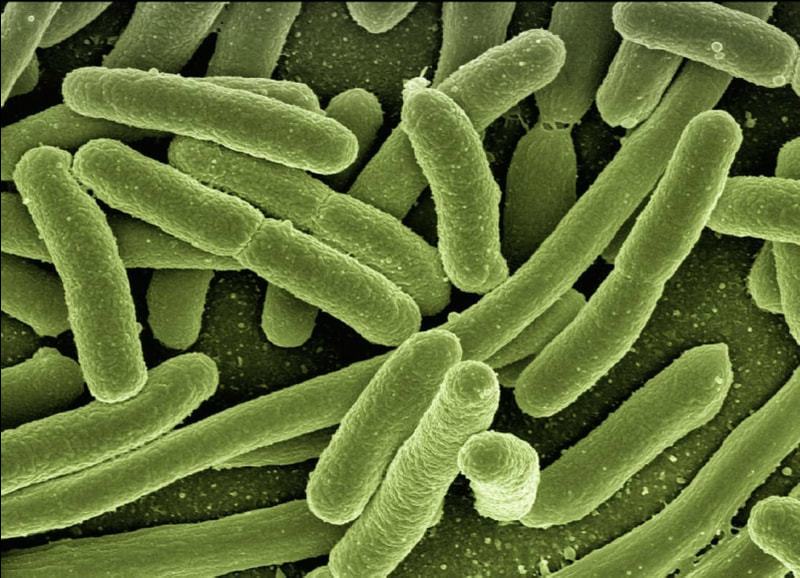How Sleep Deprivation Can Actually Help Depression
When thinking of mental health and depression, most people often think of therapy and antidepressants as the most common and effective way to treat mental health problems. Most people would assume that getting little to no sleep would be worse for someone’s depression but interestingly, recent research studies show that total or partial sleep deprivation can actually show a rapid decrease in depressive symptoms. In total sleep deprivation, patients sleep for 3-4 hours then are kept awake for 20-21 hours. Total sleep deprivation involves staying awake for 36 hours straight.
Depression is a mental illness that includes symptoms such as low energy, lack of motivation, sad mood, and trouble sleeping. An individual experiencing a major depressive episode could be experiencing most of these symptoms or more for an extended period of time. The exact causes of depression are unknown but evidence has shown that there are possible genetic, environmental, societal, and chemical causes. Depression is a widespread epidemic with an estimated 16.1 million adults experiencing a major depressive episode in 2014 alone.
Antidepressants typically work in a manner in which people do not feel relief from their symptoms until after a week or so of beginning to take them because of the slow changing nature of their chemical effects. Antidepressants work by rebalancing chemicals in the brain that are known as neurotransmitters which is why it takes awhile to see these effects. To complicate things even further, not everyone feels the same relief from antidepressants. However, partial or total sleep deprivation has approximately a 50% rate of being an effective treatment in those experiencing a major depressive episode but the effects are not typically long lasting. Although the mechanisms behind how sleep deprivation can lift the effects of depression are not completely known yet, some theories are that it changes the sleep-wake cycle for those with depression or balances the neurotransmitters.
Depression is a mental illness that includes symptoms such as low energy, lack of motivation, sad mood, and trouble sleeping. An individual experiencing a major depressive episode could be experiencing most of these symptoms or more for an extended period of time. The exact causes of depression are unknown but evidence has shown that there are possible genetic, environmental, societal, and chemical causes. Depression is a widespread epidemic with an estimated 16.1 million adults experiencing a major depressive episode in 2014 alone.
Antidepressants typically work in a manner in which people do not feel relief from their symptoms until after a week or so of beginning to take them because of the slow changing nature of their chemical effects. Antidepressants work by rebalancing chemicals in the brain that are known as neurotransmitters which is why it takes awhile to see these effects. To complicate things even further, not everyone feels the same relief from antidepressants. However, partial or total sleep deprivation has approximately a 50% rate of being an effective treatment in those experiencing a major depressive episode but the effects are not typically long lasting. Although the mechanisms behind how sleep deprivation can lift the effects of depression are not completely known yet, some theories are that it changes the sleep-wake cycle for those with depression or balances the neurotransmitters.
Image Source: HolgersFotografie
Data was reviewed from a group of 66 studies which took place over a 36 year time period and researchers looked at things such as whether the sleep deprivation was performed sleep or late, the duration of a person’s depressive episode, gender, and if they were currently taking medications. The ultimate goal was to find out whether or not clinical sleep deprivation could be an effective overall treatment for depression.
Researchers found that across the data, sleep deprivation was an effective treatment for many different populations. In the study, people were kept awake by researchers and their mood was evaluated through self reports. Even though in different studies, things were measured a different way or the sleep deprivation was administered in a different way, there was almost an equally positive response rate across the data.
There is still further research being done on the exact reasons why sleep deprivation seems to work to produce a rapid relief in depressive symptoms and researchers are also trying to find better ways to predict who will benefit the most from this kind of treatment as sleep deprivation can lead to side effects such as memory issues, high blood pressure, risk of heart disease, and risk for diabetes.
Researchers found that across the data, sleep deprivation was an effective treatment for many different populations. In the study, people were kept awake by researchers and their mood was evaluated through self reports. Even though in different studies, things were measured a different way or the sleep deprivation was administered in a different way, there was almost an equally positive response rate across the data.
There is still further research being done on the exact reasons why sleep deprivation seems to work to produce a rapid relief in depressive symptoms and researchers are also trying to find better ways to predict who will benefit the most from this kind of treatment as sleep deprivation can lead to side effects such as memory issues, high blood pressure, risk of heart disease, and risk for diabetes.
Featured Image Source: C_Scott
RELATED ARTICLES
|
Vertical Divider
|
Vertical Divider
|
Vertical Divider
|

